Scars and hair loss can be improved through medication, hair transplant surgery, laser treatment, local care, and dietary adjustments. Scar induced hair loss is usually caused by permanent damage to hair follicles due to trauma, burns, surgery, or folliculitis. A targeted plan should be selected based on the type and severity of scars.
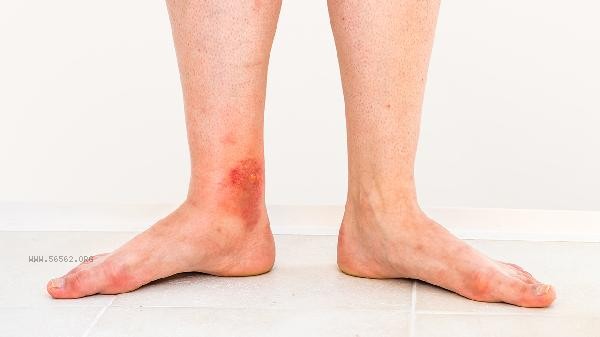
1. Drug treatment
Early scar hair loss can be treated with minoxidil tincture to promote hair follicle blood circulation, compound glycyrrhizin tablets to regulate immunosuppressive inflammation, and snow glycoside cream ointment to soften scar tissue. Medications may have some effect on mild scars, but are ineffective for completely necrotic hair follicles, and should be used consistently under the guidance of a doctor for a long time.
2. Hair transplant surgery
Hair follicle unit transplantation can transplant healthy hair follicles from the posterior occipital region to the scar area, suitable for stable scars. Micro needle hair transplantation technology can improve the survival rate of hair follicles, but it is necessary to ensure good blood supply to the scar area. After surgery, it is necessary to avoid rubbing the transplant area and cooperate with red light therapy to promote hair follicle growth.
3. Laser therapy
Dot matrix laser can stimulate scar collagen remodeling and improve local microcirculation. Low energy laser therapy activates hair follicle stem cells through photobiological regulation and is suitable for use in conjunction with drugs. Multiple treatments are required to take effect, and the effect on old scars is limited.
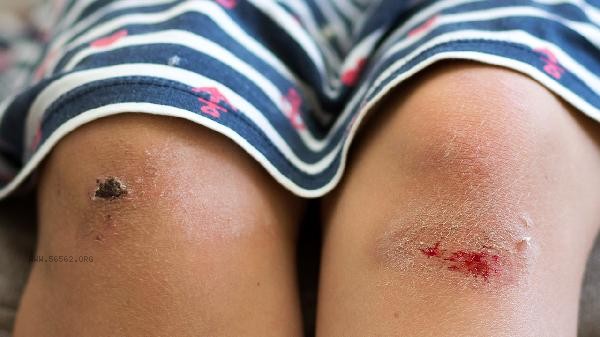
4. Local care
Use scar patches containing silicone ingredients to reduce tension, massage combined with vitamin E milk to promote tissue softening. Avoid direct sunlight and chemical irritation, choose mild shampoo products. Wigs or fiber powder can be temporarily covered, but attention should be paid to cleaning to prevent folliculitis.
5. Dietary regulation
supplementing high-quality protein and zinc elements can help with hair follicle repair. Moderate consumption of essential fatty acid containing foods such as black sesame and walnuts. Vitamin C and collagen peptides help reduce oxidative damage, but cannot reverse the already formed hair follicle necrosis. The treatment of scar induced hair loss should be tailored to the time of scar formation and skin condition. Fresh scars should be intervened early to control inflammation, while old scars should be mainly treated with physical therapy. Avoid pulling the affected area in daily life and choose a loose hairstyle to reduce friction. Maintain patience during treatment, as most plans require 3-6 months to evaluate their effectiveness. If accompanied by redness, swelling, and itching, seek medical attention promptly to prevent scars from further expanding and damaging hair follicles. Maintaining a regular schedule and balanced nutrition have a positive effect on the repair of the hair follicle microenvironment.
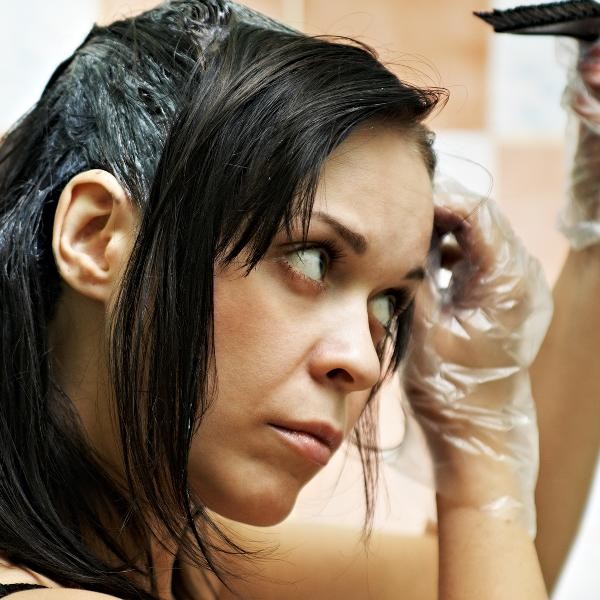

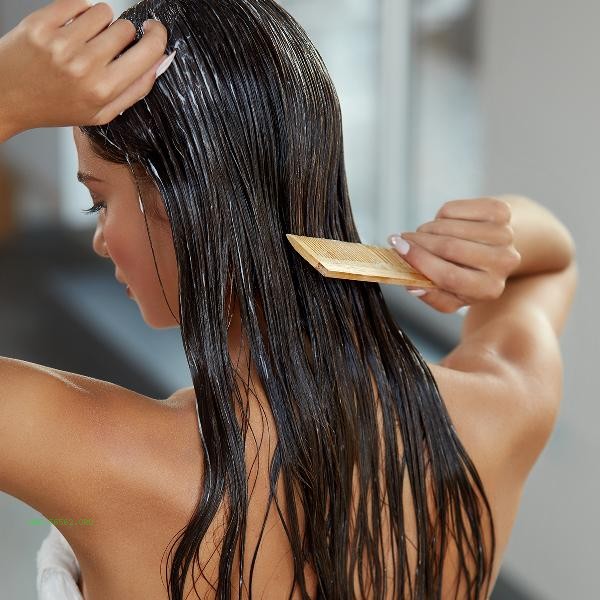
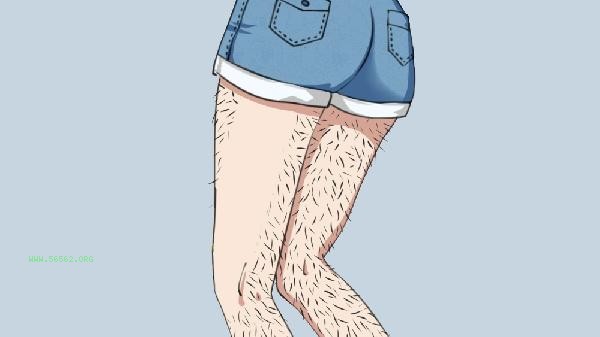

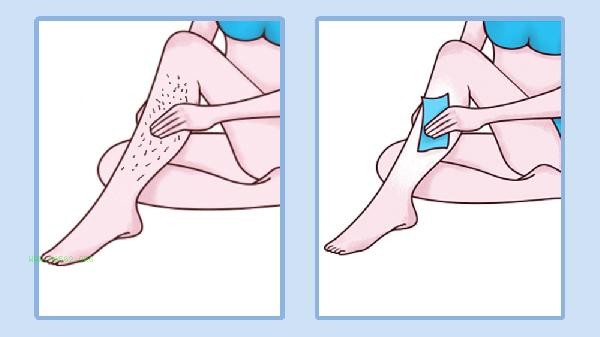



Comments (0)
Leave a Comment
No comments yet
Be the first to share your thoughts!